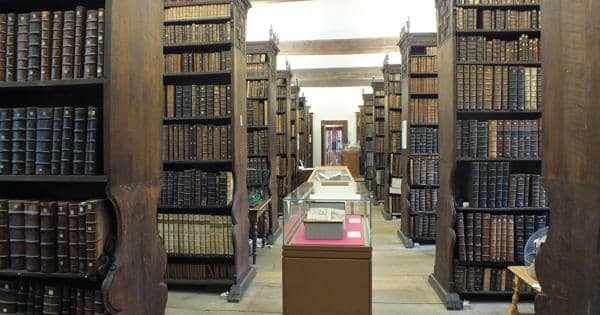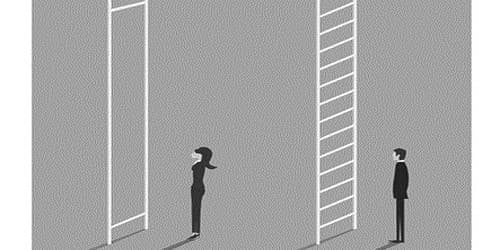The College Library
In an ideal educations system, the college library should be the center of academic life. It is the fountain-head from which streams of knowledge flow. It should, therefore, be well provided with books, journals, magazines, and newspapers. It should have open shelves for books of references which may be consulted whenever necessary. It should have a librarian’s persons who are able to advise and guide students in the use of books, and who be trusted to act as choices and helpers. In an ideal academic life, a student should spend his busiest hours in the library. For the very atmosphere of the book-world acts as a tonic and whets the intellectual appetite of the even indifferent student.
Unfortunately, our colleges have yet to go long way to reach this ideal standard. Here college libraries, with a few exceptions, are ill-equipped and managed even worse. The librarian is usually a clerk who is just capable of keeping records of books lent and books received back. He has the vaguest ideas about the nature of books. Further additions to the library are few and far between. In most cases, only the minimum requirements for classwork are regularly attended to. The result is that students who begin with enthusiasm gradually subside into apathy.
Of course, things are beginning to improve, even though ever too slowly. The joint efforts of the university grants commission and the state governments have brought about a changed outlook, college libraries are receiving much larger grants. The status of the librarian is being gradually raised, and a qualified librarian is given the same status as a lecturer. All this makes us hope for large-scale improvements in these libraries.
There are many practical difficulties in the way students making proper use of the library. Our college life is lecture-packed. Lectures are designed rather exhaust the syllabus than to fulfill the primary object of education, viz., to stimulate intellectual curiosity. There is little spare time left after class-work to spend fruitfully in the library. It would be a good idea if certain periods are left free for each class to enable the students to make compulsory use of the library. This will need an organization of a very high order perhaps, but the effort is worth making.
Even so, with all these limitations, the scene in a college library is inspiring. It shows that, among a section of our students, there is a real desire to read on their own account. At the counter all through day stand rows of students, consulting catalogs and requisitioning books. At the table, eager young scholars are deeply absorbed in their studies or busy taking notes from the books. The silence is infectious; even the inveterate talker feels shy of breaking it and restrains his habit of gossip. Where scholars are busy, the unscholarly are shamed into silence.
It has been well said that ‘a true university in these days is a library of books’. To be able to move freely in a world of books is one of the privileges of modern education. A student should have the freedom of the college library. There he can follow his own bent. Once he has acquired the taste for reading, he will absorb knowledge from books by a process as natural as breathing. It goes without saying, however, that he must do this under the guidance and supervision of his teacher. That is an advantage not to be neglected, nor should its benefits be minimized.
The problem of building up a college library is difficult, particularly when, even with the best of will, money continues to be scared. Then there is the want of scope. We wonder whether it may not be possible for several Calcutta colleges, – and in the fussily for schools, colleges, and public reading-rooms, to pool their resources in order to build up good libraries. Greater emphasis should be laid these days on co-operative efforts. At any rate, it is high time people realized the overwhelming importance of a good library in academic life. To be able to consult a good library, to have a library ready to offer facilities for such consultation, is always an incentive to study and research. The library habit is an index of culture, and the habit can be formed only in the college. If books are available and teachers are ready to guide and advice, students will soon develop habits of study.
















